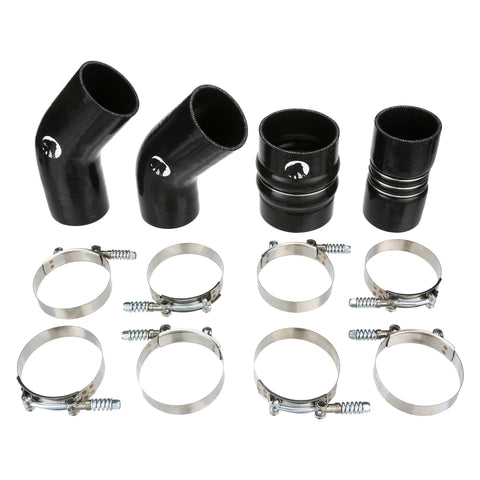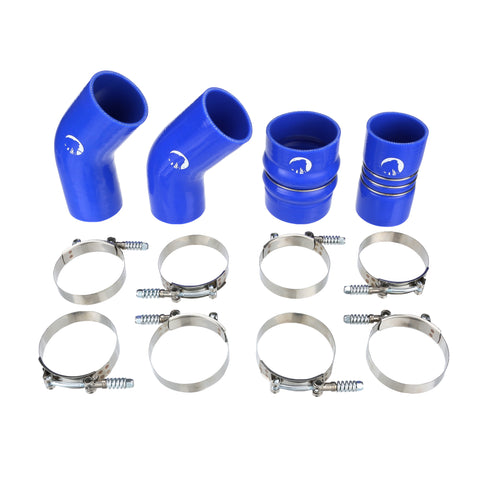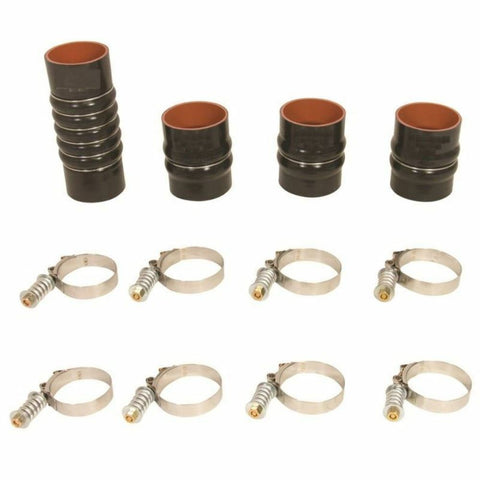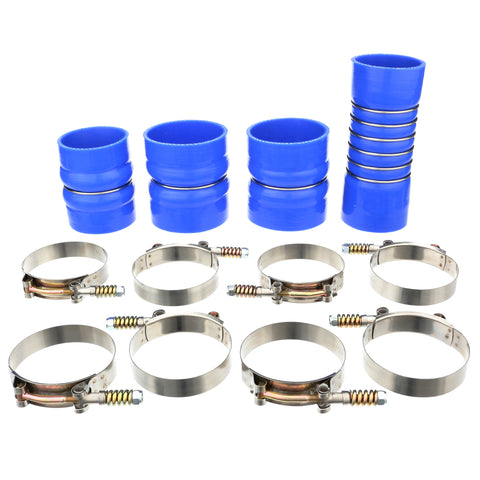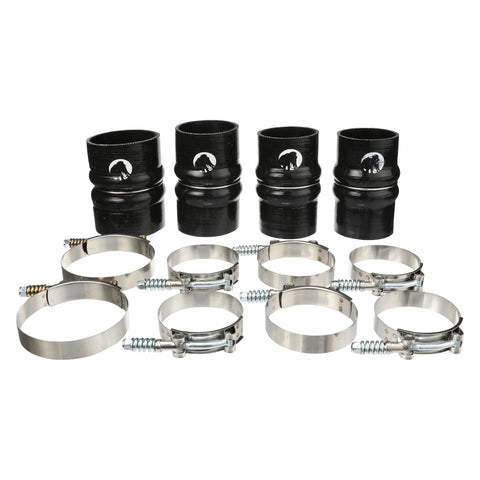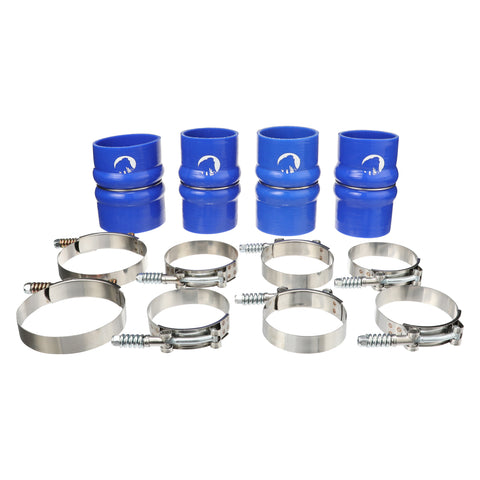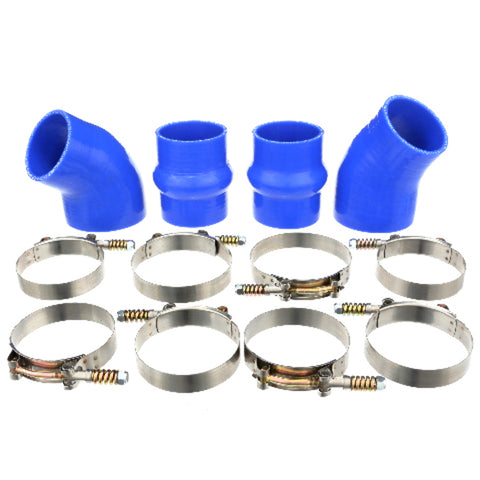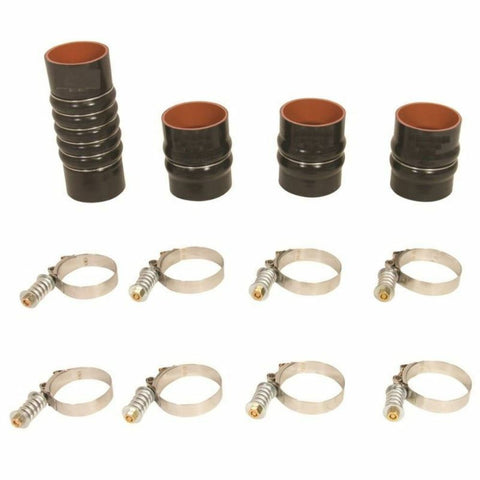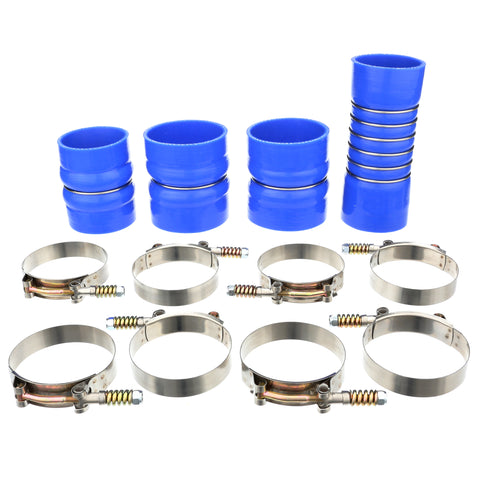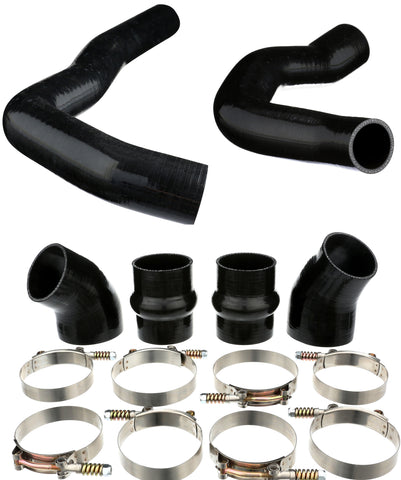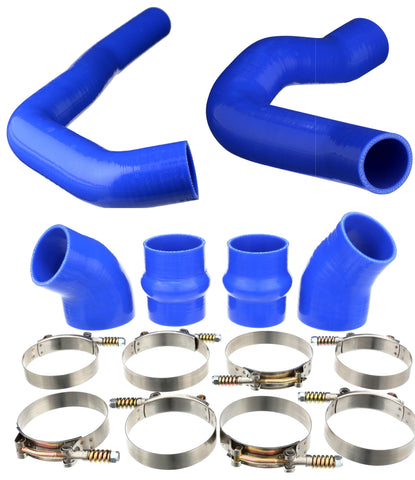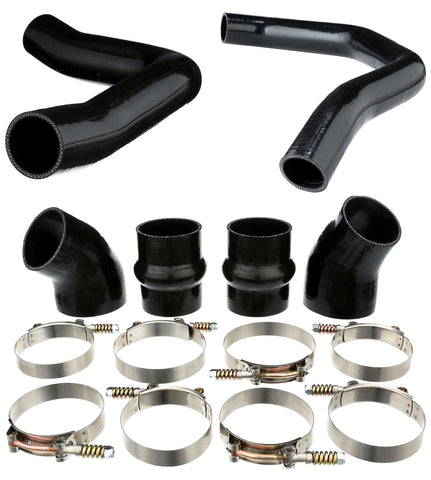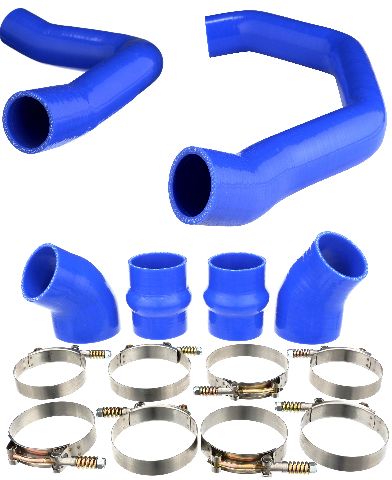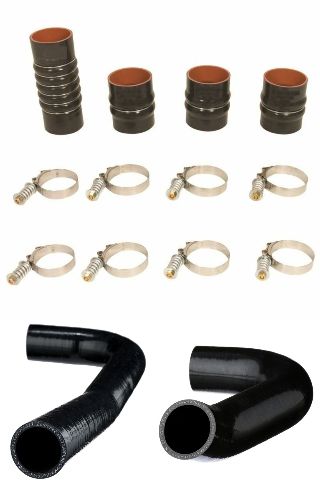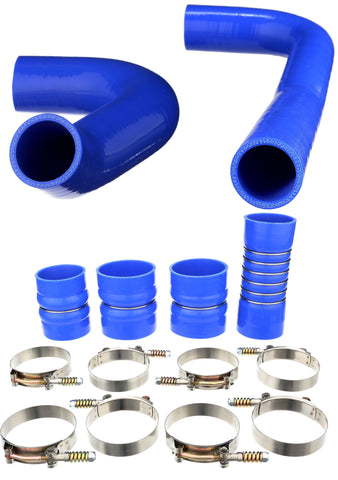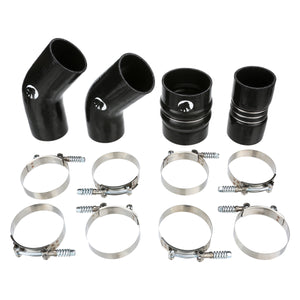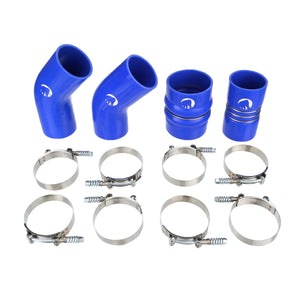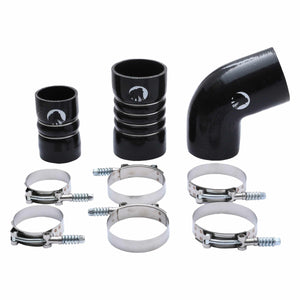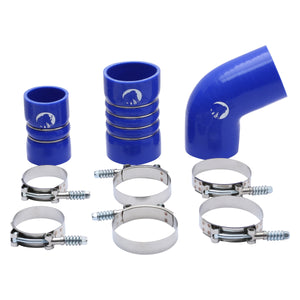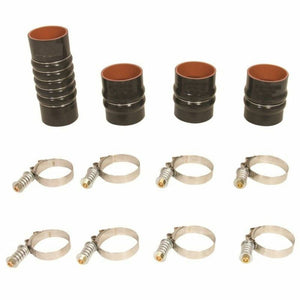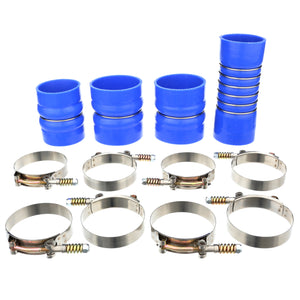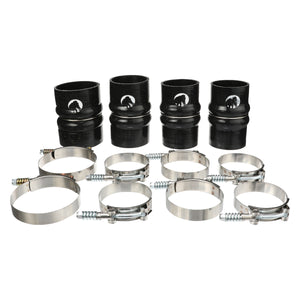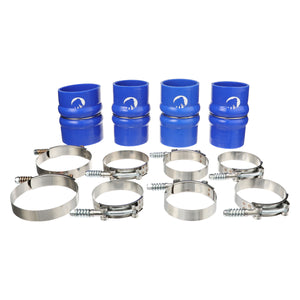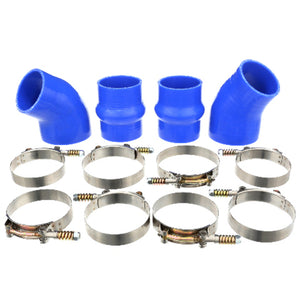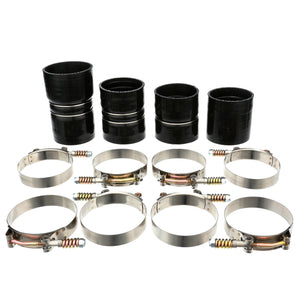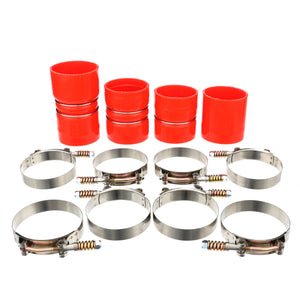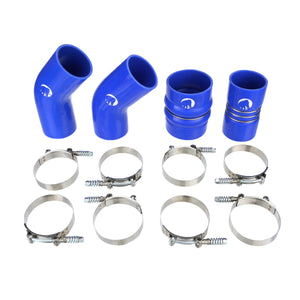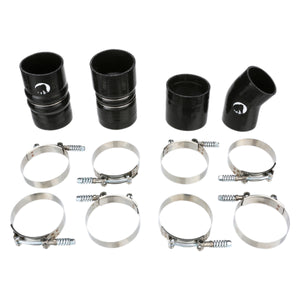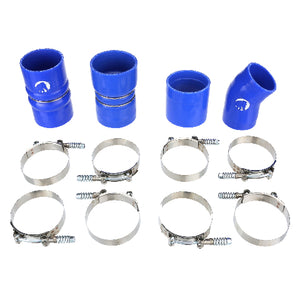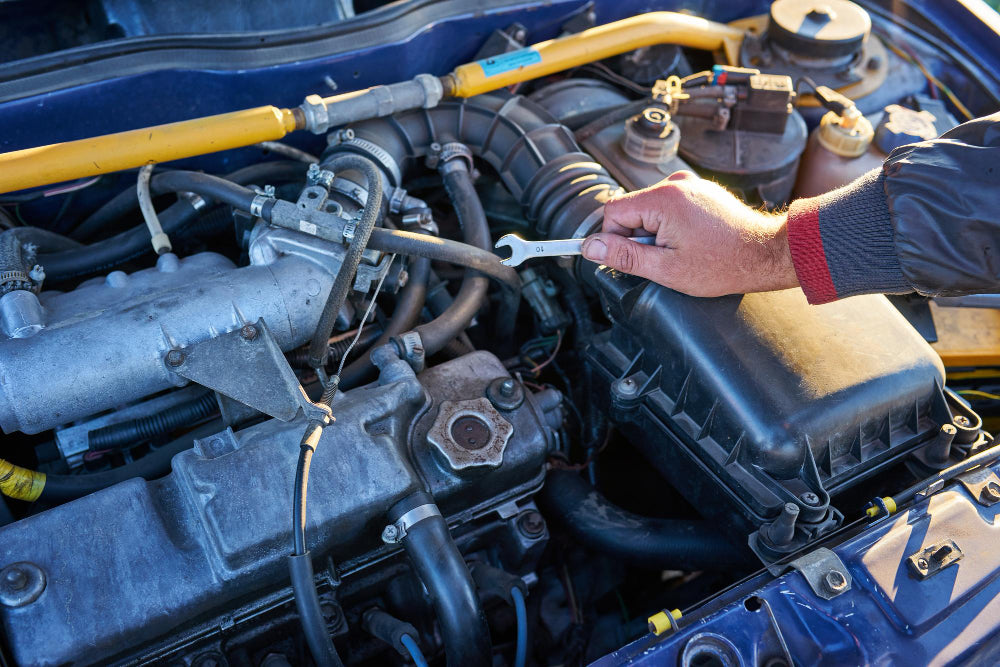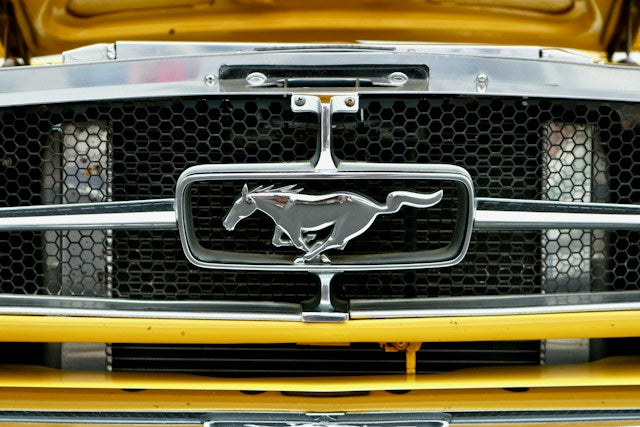Detroit Diesel Engines vs. Cummins Diesel Engines: A Comparative Analysis
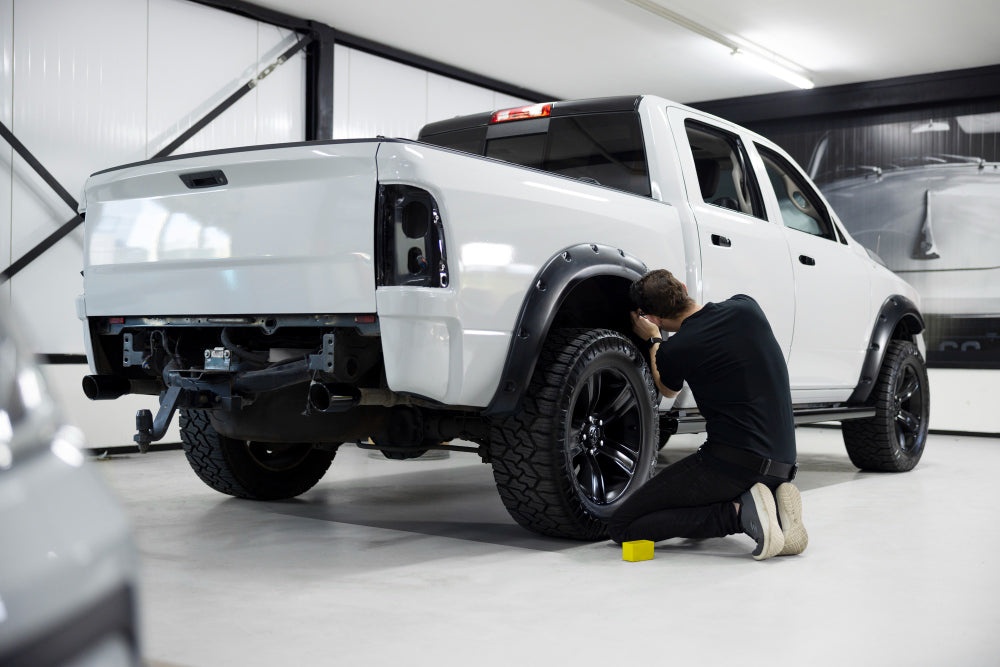
Table Of Contents
Diesel engines have come a long way since they entered the market early in the 20th century. Modern diesel engines continuously evolve, incorporating more electrified components by the day that improve efficiency, performance, and operation. The Detroit Diesel Corporation and Cummins Inc. are the market's most dominant players. This is partly why the Cummins vs Detroit engines debate has been raging for years amongst truck enthusiasts. Both manufacturers are lauded for building robust, reliable and capable diesel engines. They have different engine-building principles that their customers have come to love and respect. If you were to choose between a Detroit Diesel engine and a Cummins Diesel engine for your truck, which would you choose? This article takes on the Cummins vs Detroit debate, providing insights to help you make such a decision.
1. Detroit Diesel Engines and Cummins Diesel Engines
The Detroit Diesel Corporation, which was initially part of General Motors, is a Daimler Truck North America division. It was founded in 1938 and has built over 5 million diesel engines. Until 1987, the Detroit Diesel Corporation had specialized in making two-stroke engines that use exhaust valves. Its 1987 Series 60 engine was its first attempt at making a four-stroke diesel engine that met the stringent emission regulations of that time. Detroit Diesel's current engine offerings include its DD family of diesel engines, i.e., the DD5, DD8, DD13, DD15, and DD16.
Cummins Inc. was founded in 1919, and like the Detroit Diesel Corporation, it serves several industries, including mining, automotive, construction, marine, and power generation. Cummins has been making four-stroke diesel engines for much longer than the Detroit Diesel Corporation and has demonstrated its commitment to creating products that minimize emissions and improve energy efficiency. The current range of Cummins diesel engines includes its L9, X12, X15, 6.7L Turbo Diesel, ISX, B6.7, B4, F3, QSK 95, and many more.
2. Cummins vs Detroit: What are the Engine Operation Principles
Detroit Diesel and Cummins diesel engines have different engine operation principles. Here is more on that:
Detroit Diesel Engines
1. Two-Stroke Engine Design
Detroit Diesel's two-stroke engines are designed to complete the intake, compression, ignition, and exhaust phases of the combustion cycle in just two strokes and one crankshaft rotation. They do the intake and exhaust stages at the same time. One advantage of Detroit Diesel's two-stroke engines is that they employ a more straightforward design with fewer moving parts, making them easier to manufacture and can be packaged in smaller units, much unlike 4-stroke engines. Because of the simpler design, Detroit Diesel's two-stroke engines are also easier to repair or maintain. Also, these two-stroke engines
2. Use of Exhaust Valves
Also worth noting is that Detroit Diesel engines came fitted with exhaust valves. Not all 2-stroke diesel engines have them. The exhaust valves are designed to open a few degrees at the bottom of each stroke, allowing exhaust gases to exit the cylinder as fresh air and fuel flow in.
Cummins Diesel Engines
1. Four-Stroke Engine Design
On the other hand, Cummins Diesel engines are designed to complete the intake, compression, ignition, and exhaust phases of the combustion cycle in four strokes and two crankshaft rotations. This means that each stroke executes one of the four phases of the combustion cycle.
2. Efficiency and Emission Compliance
Cummins' 4-stroke diesel engines are more efficient than Detroit Diesel's 2-stroke engines. With this design, each phase of the combustion cycle is completed before the next starts, preventing fresh air and fuel from spilling into the exhaust outlet without combing. For this reason, Cummins Diesel 4-stroke engines have passed current emissions standards. On the other hand, Detroit Diesel's 2-stroke engines allow substantial amounts of fuel to pass to the exhaust without being combusted, which is why they still need to pass current emissions standards.
3. Cummins vs Detroit: Fuel Systems Differences
Detroit Diesel engines also differ from Cummins diesel engines in how their fuel systems function. Detroit Diesel engines use specialized fuel-injection units called unit injectors that combine fuel pumps and injectors. Thanks to these units, the fuel systems of Detroit Diesel engines have fewer components, which makes maintenance and repair services less complex while freeing up space in the engine.
The fuel injection systems in Cummins diesel engines are quite different. These engines have Pressure-Time Systems (PT-system), which use a low-pressure fuel pump to feed fuel to fuel injectors on a common rail. A third lobe on the camshaft activates the injectors. Therefore, the pressure set by the fuel pump determines how much fuel is fed to the fuel injectors, while the camshaft determines the time intervals between each fuel dose to the injectors.
4. Cummins vs Detroit: Emission Standards and Compliance
Given the EPA's intentions to install more stringent restrictions for diesel engines in the 1990s, Cummins Inc. exchanged its mechanical PT system with one with partial electronic control to help make the system more efficient. The brand continued perfecting the system and launched a fully electronic EUI-fuel management system dubbed the CELECT in 1997. This system promises improved fuel efficiency with a superior fuel economy, which is part of why Cummins engines equipped with it have passed current emissions standards and compliance. Cummins Inc. also has an elaborate emissions testing program that includes Deterioration Factor (DF) validation, an In-use Verification Program (IUVP), and independent emissions studies, thus showing its commitment towards aligning with the current emissions standards. Its current engine lineup incorporates technologies like selective catalytic reduction (SCR), exhaust gas recirculation (EGR), and a diesel particulate filter (DPF).
Detroit Diesel has also made significant efforts to abide by diesel engine emissions regulations. It started making the switch to four-stroke diesel engines in 1987 and now has engines infused with the latest emissions control technologies like selective catalytic reduction (SCR), diesel oxidation catalyst (DOC), exhaust gas recirculation (EGR), and a diesel particulate filter (DPF). Their engine offerings have been certified to the 2017 Greenhouse Gas (GHG17) regulations. Detroit Diesel also performs in-use compliance testing to ensure it is in good standing with the EPA's standards.
5. How Mammoth Performance Parts Can Help
Both Detroit Diesel and Cummins Inc. engines operate at high temperatures. One way to improve their longevity is by enhancing their cooling systems with silicone radiator hoses like the ones we have here at Mammoth Performance. Our Cummins silicone radiator hoses are more resistant to high temperatures than rubber hoses, so they don't crack, split or expand. They are more flexible, guaranteeing smoother flow of coolant. We also offer intercooler boot kits for specific truck models. If you want to get more information about these products, contact us via this link.
6. Conclusion
A fair conclusion to this Cummins vs Detroit engines debate is that both engine brands have come a long way and have done much to keep up with the industry's requirements. Therefore, it boils down to personal preference and intended application. Detroit Diesel's 2-stroke engines allow twice as many combustion events happening per engine cycle, so they have the potential to make a lot more power and torque than Cummins diesel engines with similar displacement. However, they consume way more fuel and are currently not road-legal. On the other hand, Cummins diesel engines have been consistently reliable, capable, and efficient, but may be less powerful and capable than certain Detroit Diesel engines. Therefore, your choice largely depends on what you want to use the truck for.


